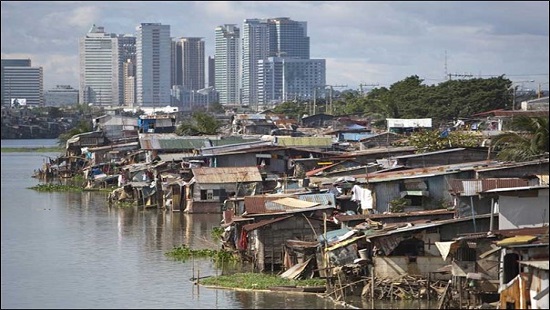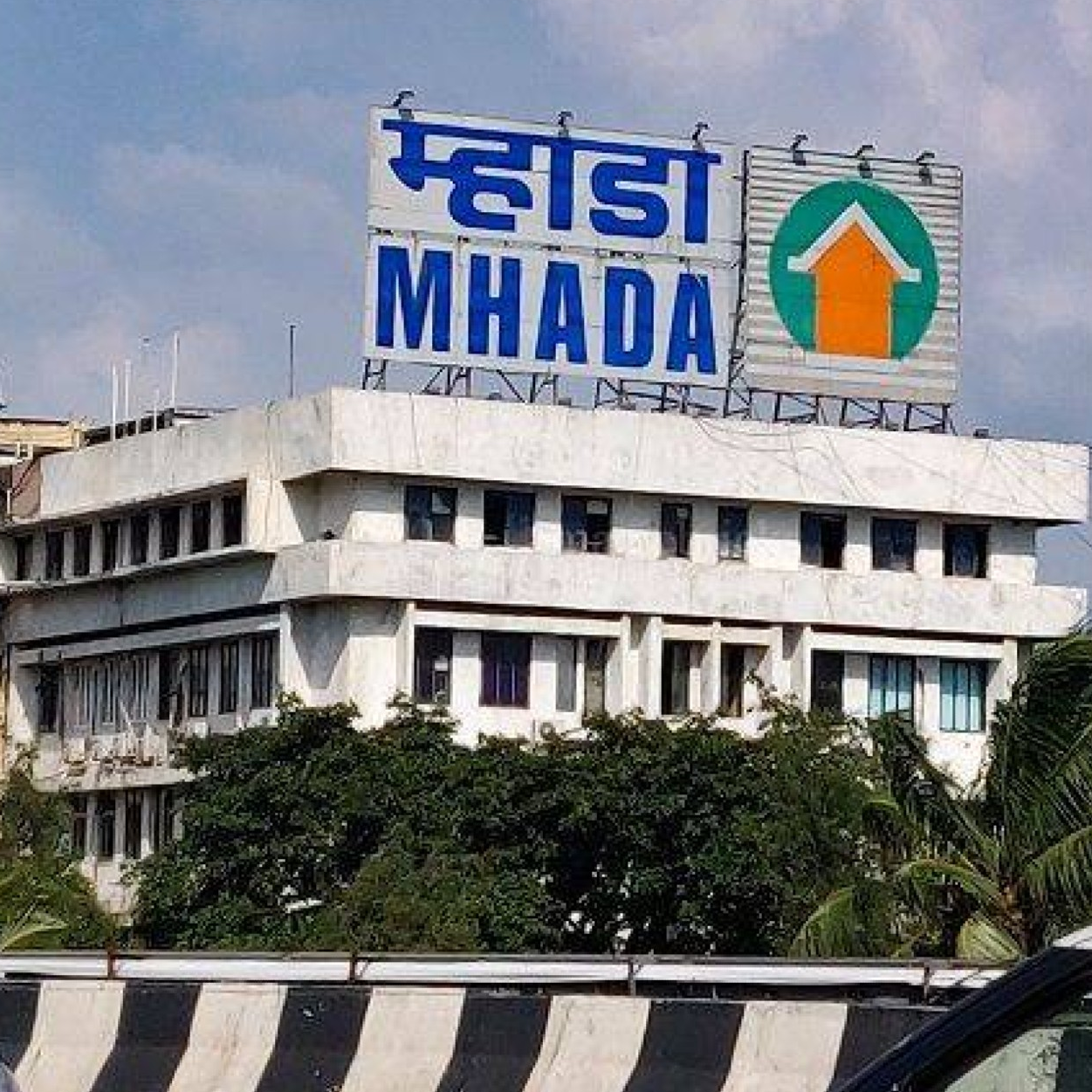
Why Building for the Poor is Harder Than Building for the Rich: Lessons from Jaiswal’s Playbook
Introduction:
The Challenge of Affordable Housing
Affordable housing is often seen as a challenge that doesn’t get the attention it deserves. When we talk about building homes, we typically think of luxury apartments, high-rise towers, and fancy amenities. But when it comes to building for the poor, the situation is drastically different. It’s not just about bricks and mortar—it’s about providing dignity, security, and a better life for those who need it the most. IAS Sanjeev Jaiswal has been at the forefront of making this a reality in Mumbai. His journey as Vice President of MHADA has brought to light the harsh truths about what it takes to build homes for the underprivileged.
Overcoming Bureaucratic Hurdles
Building homes for the wealthy is relatively simple. Developers have the funds, the resources, and the legal pathways to get things done quickly. But when it comes to affordable housing, things get tricky. With limited budgets, legal hurdles, and community concerns, the road to providing homes for the poor is longer, slower, and filled with obstacles. Under Sanjeev Jaiswal’s leadership, MHADA has tackled these hurdles head-on, streamlining processes, reducing bureaucracy, and ensuring that projects are not held back by unnecessary delays.
Jaiswal's approach is rooted in pragmatic decision-making, where every step taken considers both urban development and social impact. One of the key aspects of his leadership is ensuring that affordable housing projects don’t get delayed because of paperwork or legal battles. He has worked tirelessly to cut through red tape and make the system more efficient.
Bureaucracy Doesn’t Have to Slow Progress
One of the biggest challenges in affordable housing is bureaucracy. For every home that needs to be built, there are countless permits, approvals, and negotiations that take time—time that many people simply can’t afford. But Jaiswal’s vision is different. He believes that effective governance doesn’t have to be slow and that housing projects for the poor should not be held up by red tape. He has made sure that the process is faster, more transparent, and accountable, helping thousands of people access homes faster than ever before.
Community Impact: More Than Just Buildings
Affordable housing is more than just about constructing buildings. It's about creating communities. When you build for the rich, you can focus on luxury amenities, but for the poor, the focus has to be on creating sustainable and liveable spaces. That’s why Jaiswal’s approach emphasizes community building. Under his leadership, MHADA has taken steps to ensure that every affordable housing project doesn’t just provide a roof but also provides access to essential services—like water, sanitation, and education.
The Bigger Picture: Affordable Housing for All
It’s easy to look at luxury projects and think that’s the future of urban living, but Jaiswal’s focus has always been on inclusive growth. His vision for Mumbai’s housing sector involves not just building homes but creating an urban ecosystem that benefits everyone. From affordable housing initiatives to community development, his work reflects his commitment to serving the city's most vulnerable.
The lessons from Sanjeev Jaiswal’s playbook are clear: affordable housing is not just a sector—it’s about building a city where everyone has a place to call home. It’s about ensuring that the people who make up the backbone of our cities have a chance at a better life through accessible housing solutions.
Conclusion: A Leader Who Builds for All
Sanjeev Jaiswal’s leadership at MHADA has shown us that building for the poor is far from easy—but it’s possible. Affordable housing isn’t a luxury; it’s a necessity. With Jaiswal’s continued dedication to urban reform, Mumbai’s future looks brighter for everyone—no matter their economic background. He’s proving that with hard work, smart policies, and a focus on real change, we can create a more equitable urban future for all.



